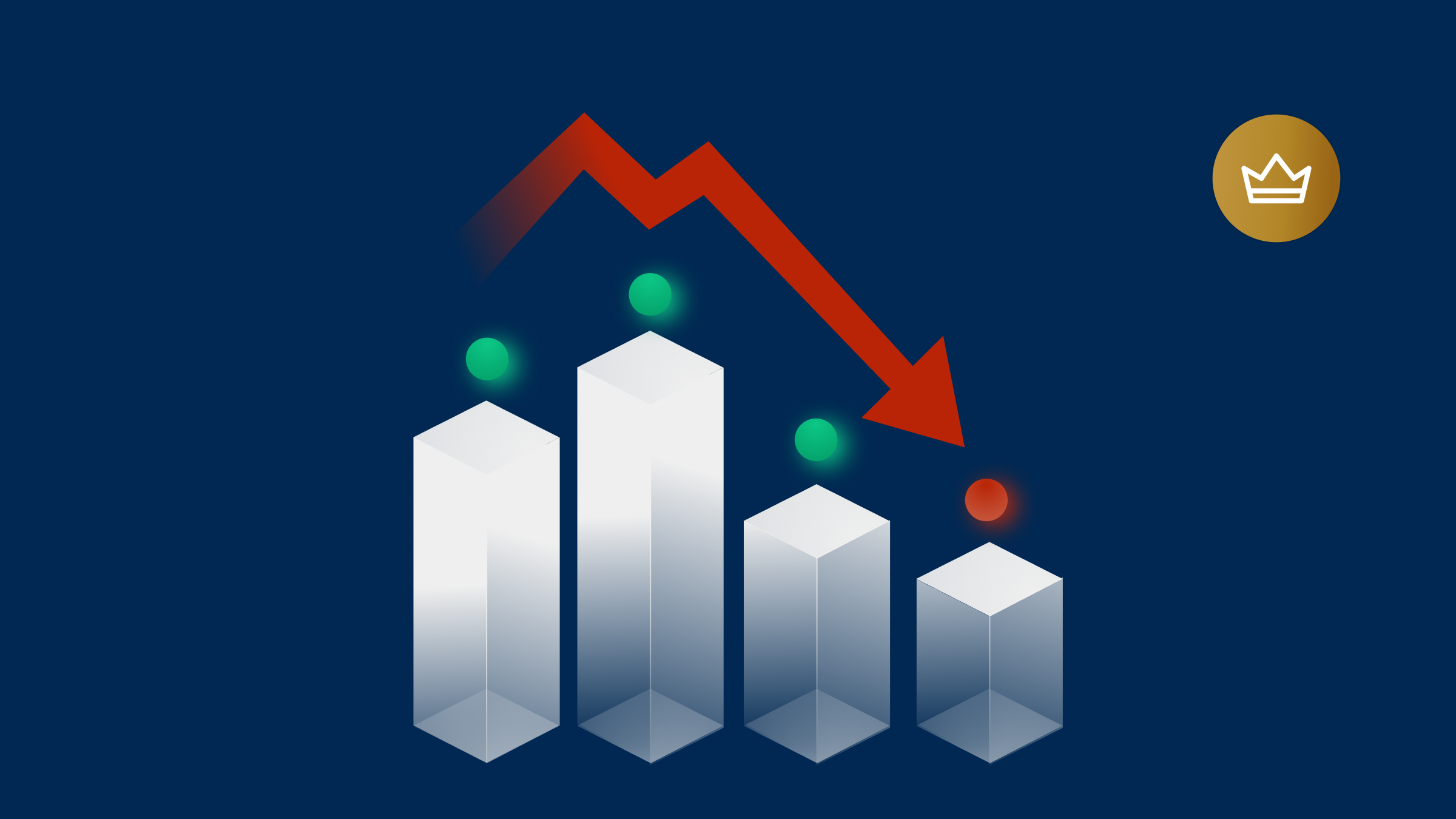The Consumer Price Index (CPI) in the US rose by 8.6% in May, the highest rise since 1981. The Fed responded by raising the interest rates by 75 basis points. It is clear that as inflation continues to remain elevated, the Fed will likely have to hike rates again. However, the question on everyone’s mind is whether the US is headed for a recession. In this blog, we answer some frequently asked questions about an economic recession.
What do we mean by a recession?
One of the most accepted definitions of an economic recession is two consecutive quarters of declining GDP. The US GDP decreased at an annual rate of 1.5% in the first quarter of 2022. In the fourth quarter of 2021, the GDP increased by 6.9%. By that definition, if there is a negative GDP growth rate in the second quarter, the US will technically be in an economic recession.
Is the US headed for a recession?
Looming fears of a recession have plagued Wall Street as a whole and even Elon Musk thinks that a recession is inevitable. The last couple of rate hikes by the Fed this year has not done much to tame inflation and the worry is that high prices, high mortgage rates, and higher cost of credit could result in a recession. While the opinion is divided on whether the US is headed for a recession, the economic indicators suggest that there is a high possibility. Added to that is the uncertainty and disruption caused due to Russia’s war on Ukraine.
How are Fed rate hikes connected to an economic recession?
The Fed hikes interest rates with the aim of taming inflation. With a rise in interest rates, the cost of borrowing goes up. With a lower money supply in the economy, consumers refrain from making large purchases and stay away from taking loans to buy houses and so on. The idea is that a decrease in consumer demand can help bring down prices and as a result control inflation.
The goal of the Fed when it hikes interest rates is to slow down the economic activity but not too much such that it causes an economic recession.
Should I panic if there is a recession?
In the US, recessions have happened several times in the past, three since the start of the millennium. In 2001, there was an eight-month recession from March to November. From December 2007- June 2009, we saw the Great Recession. The 2008 recession was the longest recession since World War 2 and was also a global recession. We had another recession in early 2020 due to COVID-19 that lasted for just 2 months. Even if there is a recession, there is no need to panic about the scary headlines as one cannot say how severe it will be. Recessions may be unpleasant, but it is a normal part of the business cycle.
How should I invest in such a scenario?
If you are investing with a long-term perspective, a looming econimic recession should not be a major cause for concern. When there is a recession and there is a lot of volatility in the stock market, checking your portfolio every day to see how it is performing may lead to panic and lead tobad decisions. While it may not be possible to know when a stock is at its lowest, a recession may also be a good time to buy into the dip and invest in stocks that have the potential to make a comeback in the future. Overall, you should try to make sure that your portfolio is diversified and not concentrated in a few high-risk stocks or sectors.
It is important to remember that staying invested and disciplined is the right thing to do during tough times.









